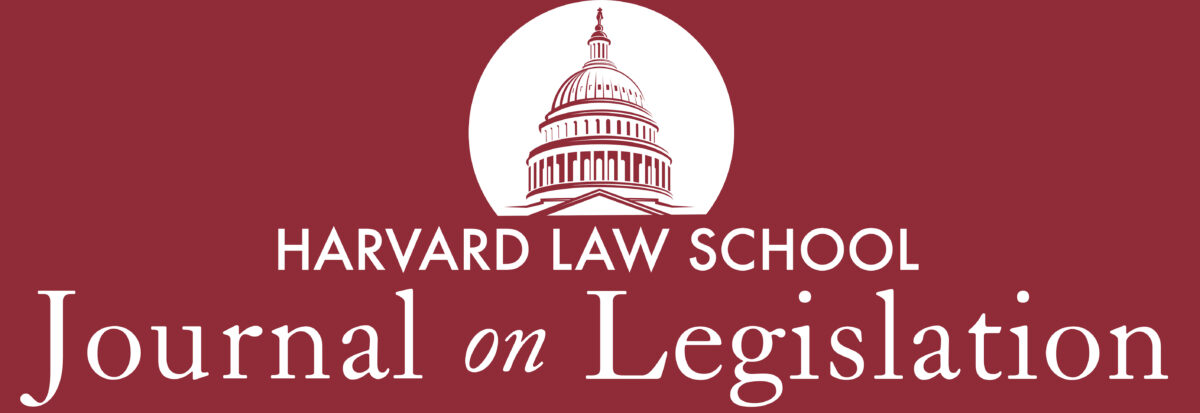Recent Posts
Articles
A Farewell to Harms: Rethinking the Injury Requirements of Title VII
By Kenneth R. Davis
The D.C. Circuit as a Conseil D’État
By Andrew Hammond
The False Premise of State Administrative Adjudication
By Amy Widman
Policy Essay
Occupational Reclassification for Public Safety Telecommunicators: A Necessary Step Toward a Stronger Public Safety Workforce
By Representative Norma J. Torres
Note
SPACs: A Post-Mortem and a Path Forward
By Connor J. Haaland




